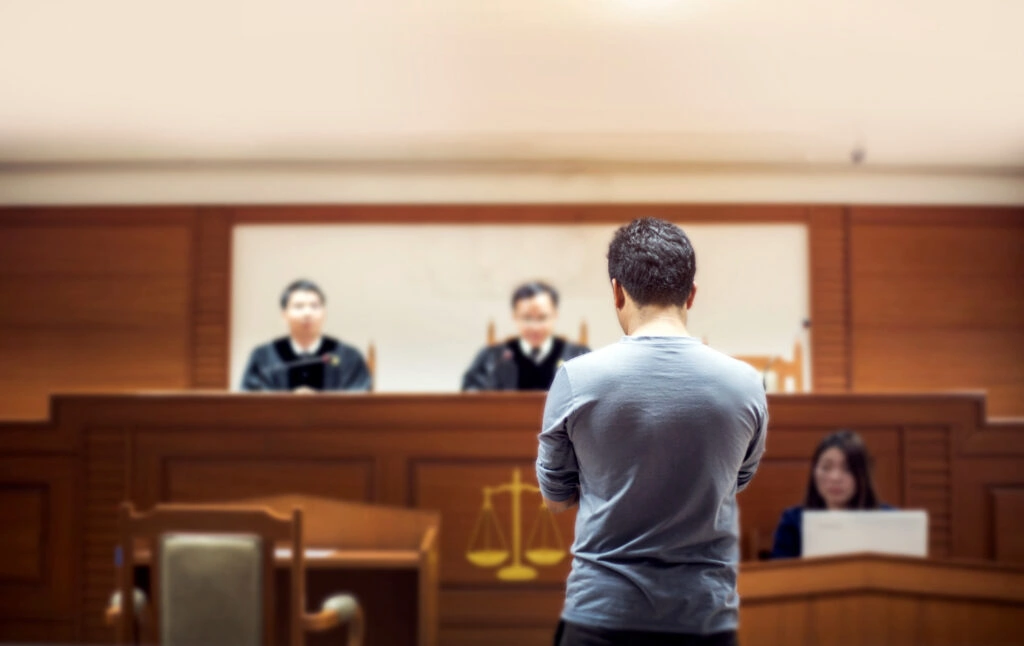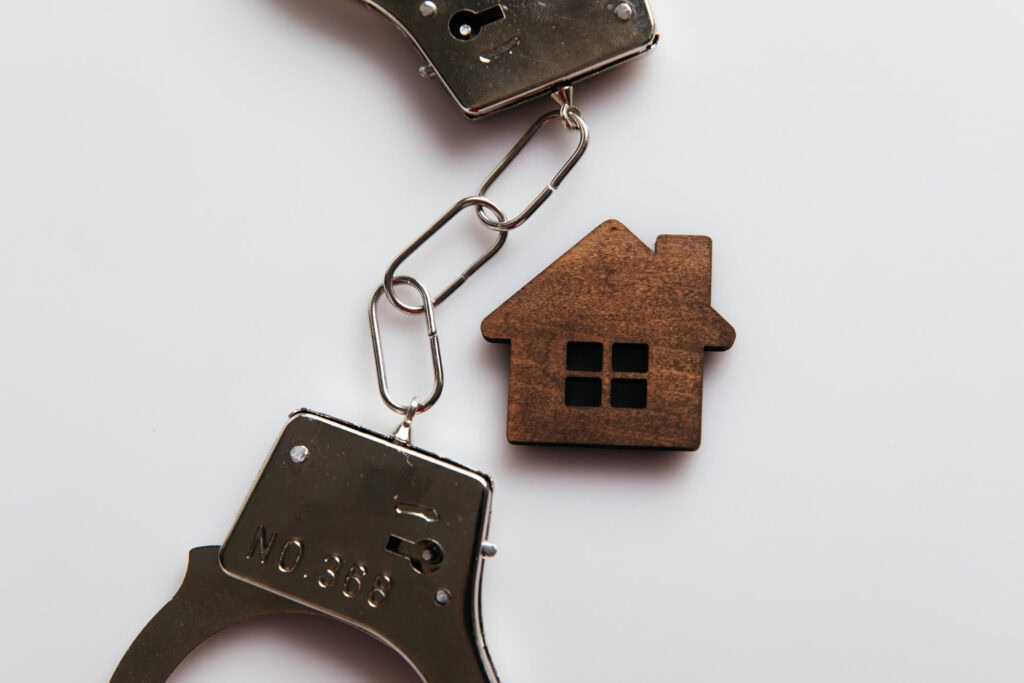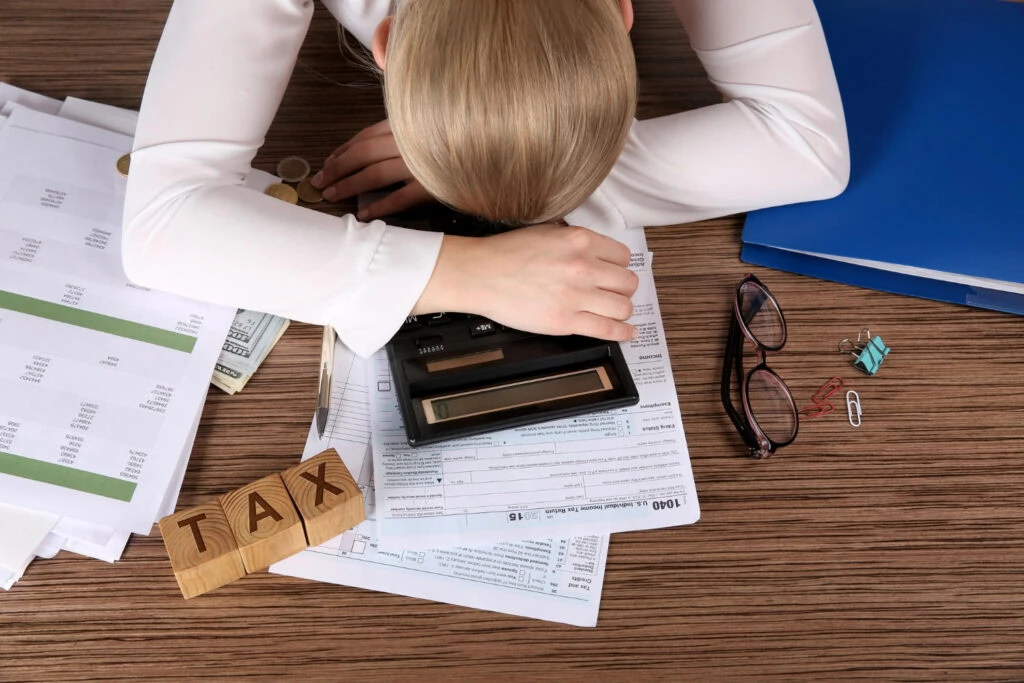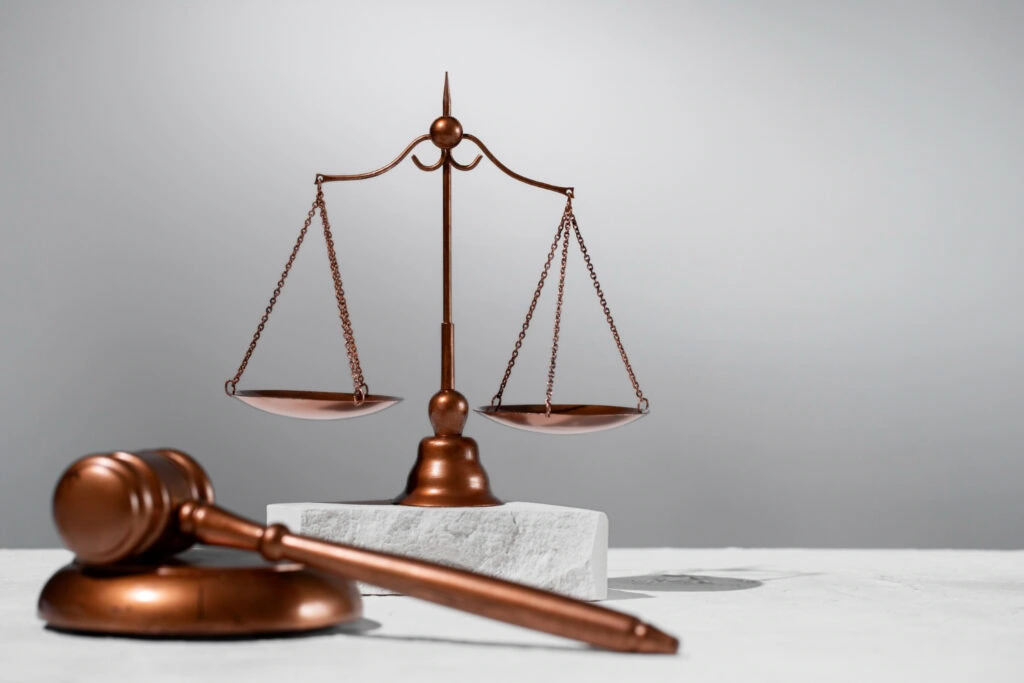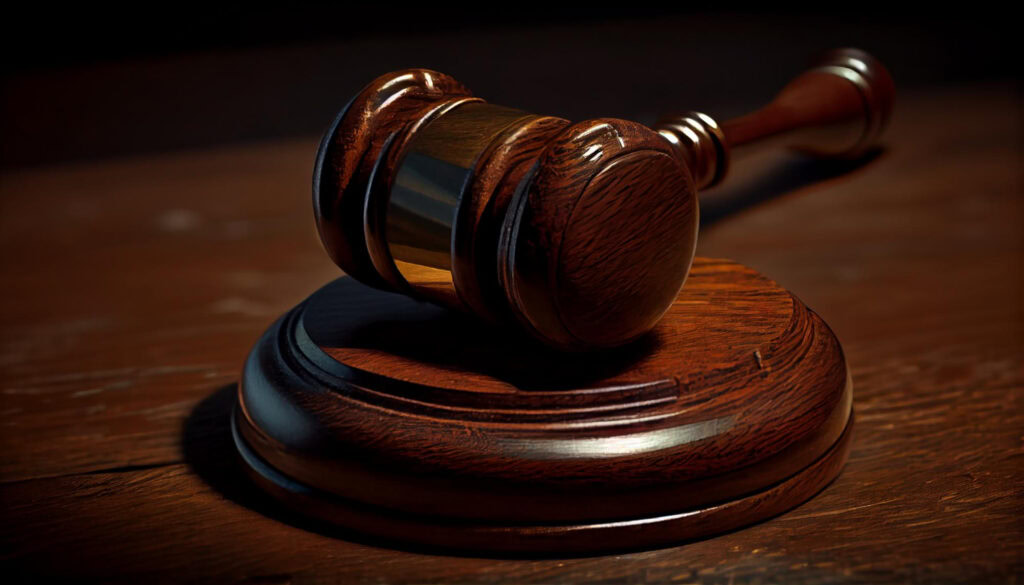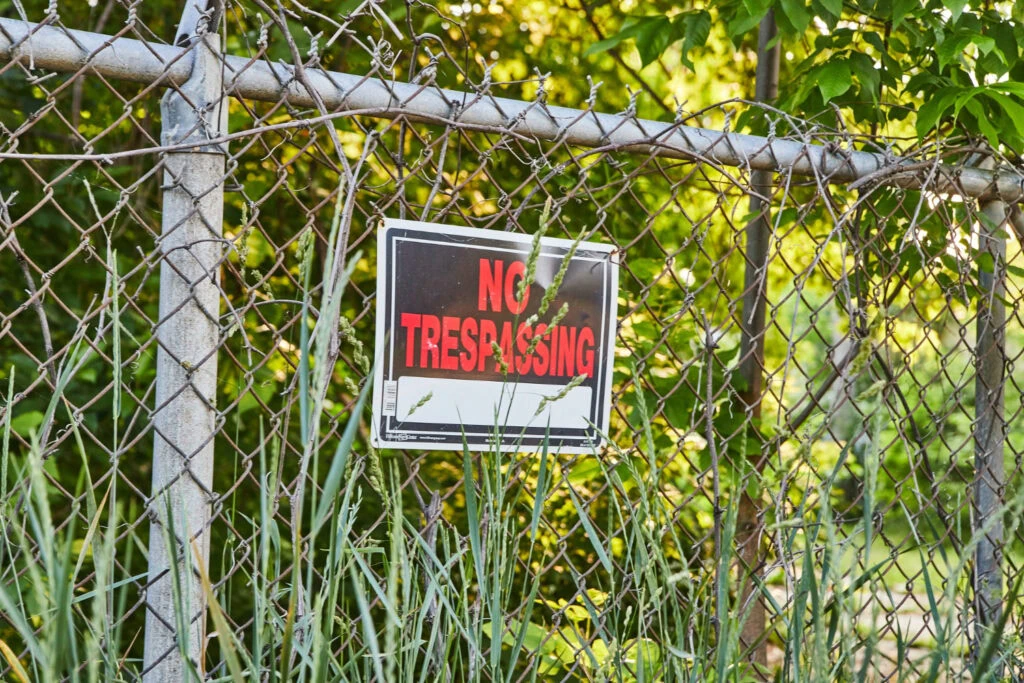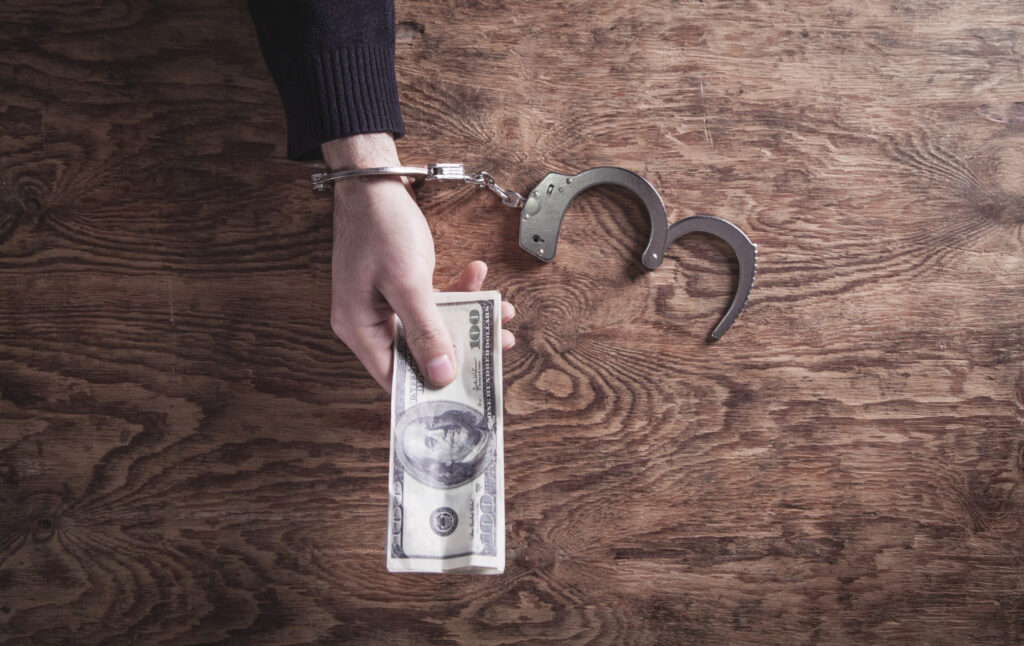A preliminary hearing is a critical juncture in the criminal justice process, serving as the bridge between initial charges and a full trial. This hearing is not just a formality; it’s a procedural step where crucial decisions about the continuation of a case are made. Understanding what happens during this phase is essential for anyone involved in or interested in the legal process.
The Purpose of a Preliminary Hearing
The primary purpose of a preliminary hearing is to determine whether there is enough evidence to justify a trial. This hearing differs from an arraignment, where charges are read and pleas are entered, and from a trial itself, where a verdict is reached.
At the preliminary hearing, the judge assesses if there is sufficient probable cause to believe that the crime was committed and that the defendant committed it.
Before the Hearing: Preparation and Expectations
Preparation for a preliminary hearing involves both the defense and the prosecution reviewing evidence, preparing arguments, and, if necessary, arranging for witnesses to testify.
Defendants and their attorneys should strategize on how to challenge the prosecution’s evidence and present any relevant defense. It’s also crucial to set realistic expectations; while a dismissal can happen, the goal often is to understand the prosecution’s case and prepare for potential trial strategies.
Key Participants in a Preliminary Hearing
The key participants in a preliminary hearing include the judge, prosecutor, defense attorney, the defendant, and possibly witnesses.
The judge presides over the hearing, making decisions on legal issues and ultimately ruling on whether the case should proceed to trial. The prosecutor presents evidence to prove the case should go to trial, while the defense attorney counters this evidence, defending the defendant’s interests. Witnesses may be called to provide testimony that either supports or contradicts the allegations.
The Process of a Preliminary Hearing
During a preliminary hearing, the process typically unfolds in the following steps:
- Opening Statements: While not always present, some hearings begin with opening statements from the prosecution and defense.
- Presentation of Evidence: The prosecution presents evidence, including witness testimonies, physical evidence, and documents, to establish probable cause.
- Cross-examination: The defense has the opportunity to cross-examine the prosecution’s witnesses and challenge the evidence presented.
- Defense’s Evidence: While not required, the defense can present its evidence and witnesses, though many choose to reserve this for the actual trial.
- Legal Arguments: Both sides may present arguments about the sufficiency of the evidence and any legal issues relevant to the case.
- Judge’s Decision: After considering the evidence and arguments, the judge decides whether the evidence is sufficient to hold the defendant for trial.
This process is critical in shaping the trajectory of the case, as it provides a preview of the evidence and arguments that may come into play during a full trial.
Legal Thresholds and Decision-Making
The legal threshold in a preliminary hearing is primarily centered around the concept of “probable cause.” The judge evaluates whether the evidence presented by the prosecution is sufficient to establish that a crime was committed and that the defendant is likely responsible.
This standard is lower than the “beyond a reasonable doubt” requirement for a conviction at trial. The judge’s decision at this stage is not about determining guilt or innocence but rather assessing whether the case has enough merit to proceed to trial.
Possible Outcomes of a Preliminary Hearing
The outcomes of a preliminary hearing can significantly influence the direction of a criminal case. One possible outcome is the dismissal of the case, which occurs if the judge finds insufficient evidence to proceed.
Alternatively, the judge may decide the evidence warrants a trial, leading to the case being “held to answer.” Sometimes, charges can be reduced or modified based on the evidence presented. Each outcome carries different implications for the defendant, affecting their legal strategy and future proceedings.
The Role of Legal Representation
Effective legal representation is crucial during a preliminary hearing. A defense attorney can challenge the prosecution’s evidence, cross-examine witnesses, and argue legal points that may lead to a more favorable outcome for the defendant, such as dismissal or reduction of charges.
The attorney’s role is to ensure that the defendant’s rights are protected throughout the process and to prepare a strong foundation for the defense, should the case proceed to trial.
After the Preliminary Hearing: Next Steps
Following a preliminary hearing, several paths may unfold, depending on the outcome.
If the case is held to answer, it moves towards trial, where detailed preparation for defense is essential. In some instances, the outcome of the preliminary hearing might lead to negotiations for a plea deal, where the defendant may agree to plead guilty to lesser charges in exchange for a more lenient sentence.
Understanding these next steps and preparing accordingly is vital for an effective legal strategy.
Seek Expert Legal Guidance for Your Preliminary Hearing
The preliminary hearing is a pivotal stage in the criminal justice process. It serves as the initial testing ground for the prosecution’s case and offers the defense an opportunity to counter the allegations. Understanding the legal thresholds, potential outcomes, and the role of effective legal representation can significantly impact the course of a criminal case.
Navigating a preliminary hearing can be a complex and daunting process, but you don’t have to face it alone. If you or someone you know is approaching a preliminary hearing, it’s crucial to have an experienced criminal defense attorney by your side.
At the Law Office of David L. Faulkner, we specialize in providing comprehensive legal support and guidance through every step of the criminal justice process. Our expertise can be the difference in achieving a favorable outcome.
Don’t leave your future to chance; contact us today to ensure your rights are protected and your case is expertly handled.


